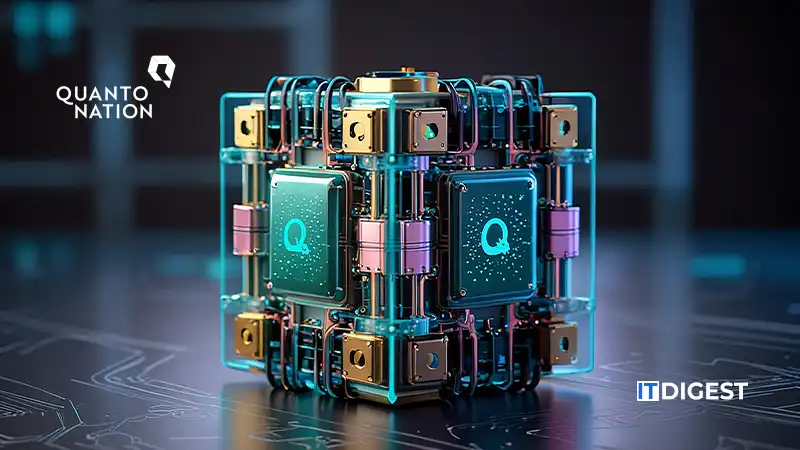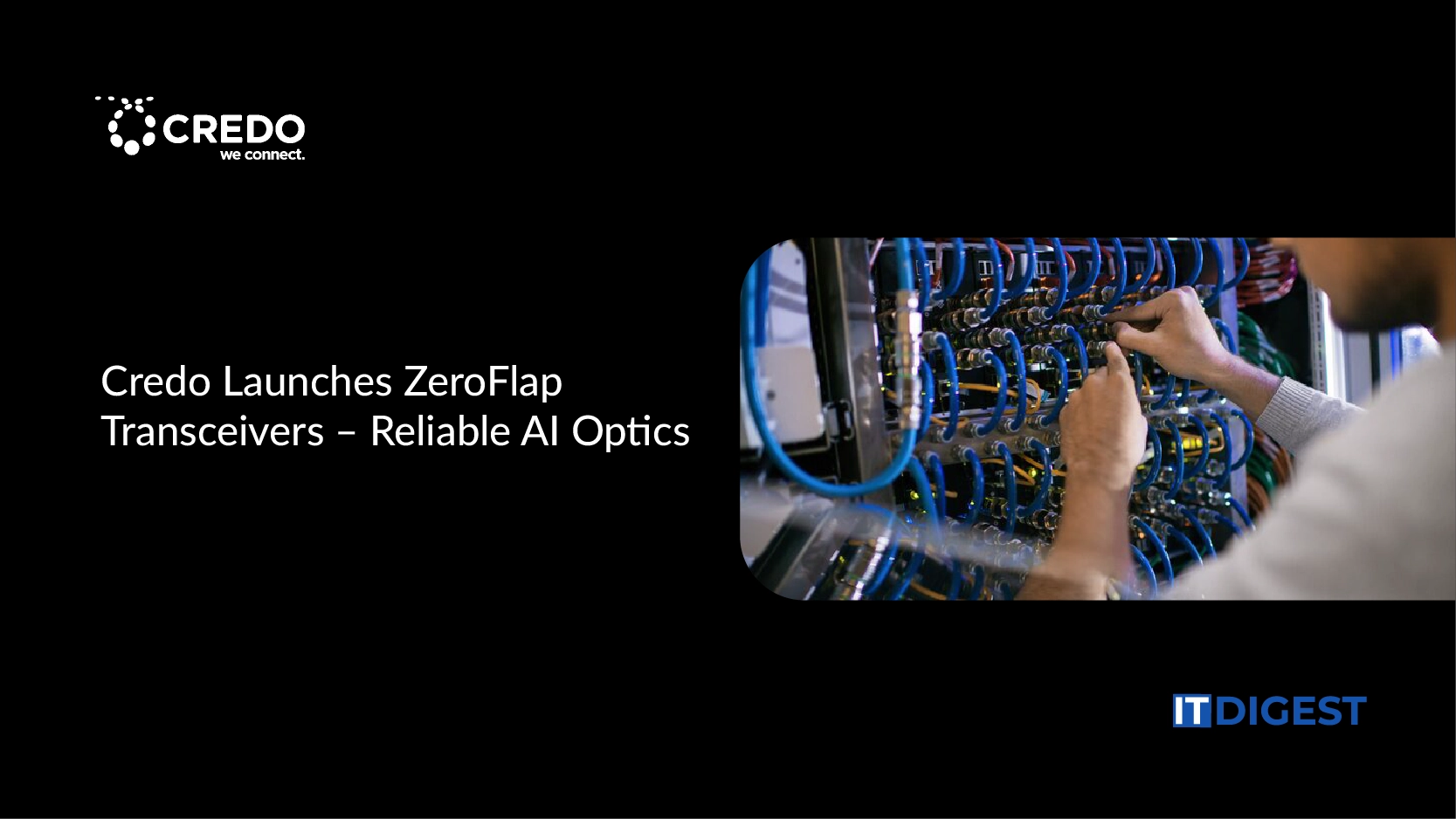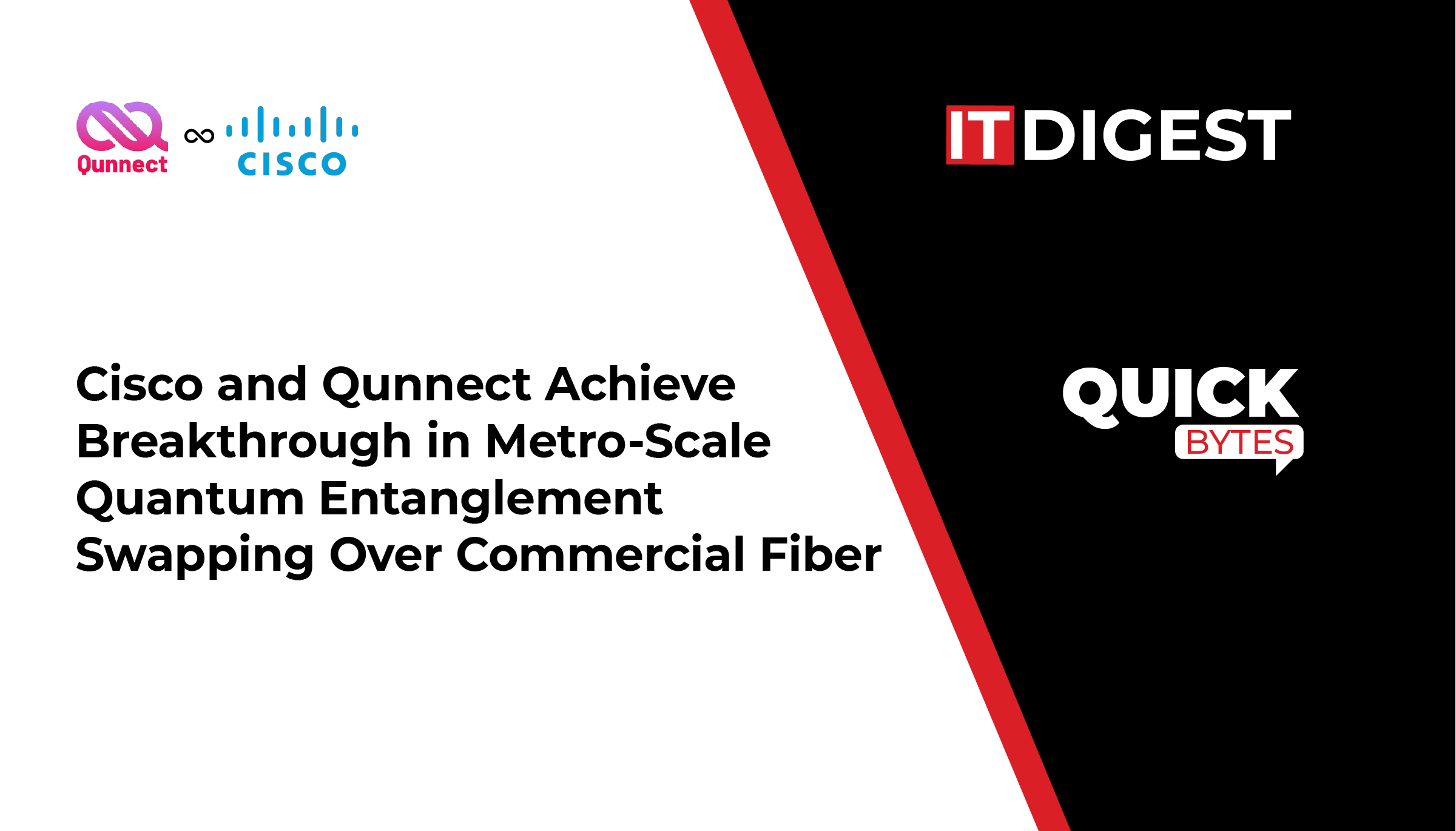Credo Technology Group Holding Ltd, a leader in delivering secure, high-speed connectivity solutions known for enhanced reliability and energy efficiency, announced its new ZeroFlap (ZF) optical transceiver product line, supporting 400G, 800G, and 1.6T network speeds. The ZF optical transceivers are engineered to address optical link flaps instances where network links repeatedly connect and disconnect offering unprecedented stability and performance for AI backend networks.
The innovative transceivers leverage Credo’s PILOT1 platform to enhance reliability through advanced telemetry, system hardening, and remote management. As AI cluster sizes scale beyond 1GW, transceiver reliability has become a critical factor in maintaining cluster stability and uptime. Additionally, the growing demand for bare-metal GPU instances limits operators’ ability to manage GPU-facing optics challenges that Credo’s ZF optical transceivers are designed to overcome.
Key Features of Credo’s ZeroFlap Optical Transceivers Include:
Mission-mode optical link monitoring tracks:
Bit Error Rates (BER)
Forward Error Correction(FEC) histograms
Multipath interference(MPI)
This helps ensure optimal performance.
This helps spot contamination in optical connections. Transparent in-band messaging lets you manage the optical link fully from both ends. It works well for bare-metal setups and different operating systems.
Also Read: Conekt.ai & Globalstar Partner for IoT Connectivity Services
On-transceiver event logging: Non-volatile logs support debugging and auditing.
PILOT platform extensions: Integrated with network switches to extract and stream optics telemetry to monitoring agents, with initial support for SONiC and other switch OS platforms.
Enhanced component hardening and proactive diagnostics: Detects early signs of failure, including laser degradation and electrostatic discharge damage.
ZeroFlap Optics and Open Compute Project (OCP)
In line with Credo’s commitment to industry standardization, the company will contribute the ZF optical specification to a new Optics Reliability Workstream, co-chaired with Oracle, under the Open Compute Project (OCP) Foundation.
Credo CEO Bill Brennan and Oracle Senior Principal Network Engineer Stephen Manley will present “The Path to Zero Flap: Reinventing Optical Reliability for Scalable AI Clusters” at 1:15 PM on Tuesday, October 14, 2025, in Room 211 at the OCP Global Summit in San Jose, with a live ZF Optical transceiver demonstration at Booth B23.
“Moving our ZeroFlap commitment beyond AECs to optics requires a system approach to collecting, processing and actioning telemetry before it leads to a link flap,” said Chris Collins, AVP for optical products at Credo. “Credo is committed to the ZeroFlap revolution and is excited to work with the OCP community to standardize this important effort.”
With these advancements, Credo’s ZeroFlap optical transceivers are set to redefine AI network reliability, enabling large-scale clusters to operate with greater uptime and efficiency, and supporting the next generation of high-performance computing and AI workloads.


































